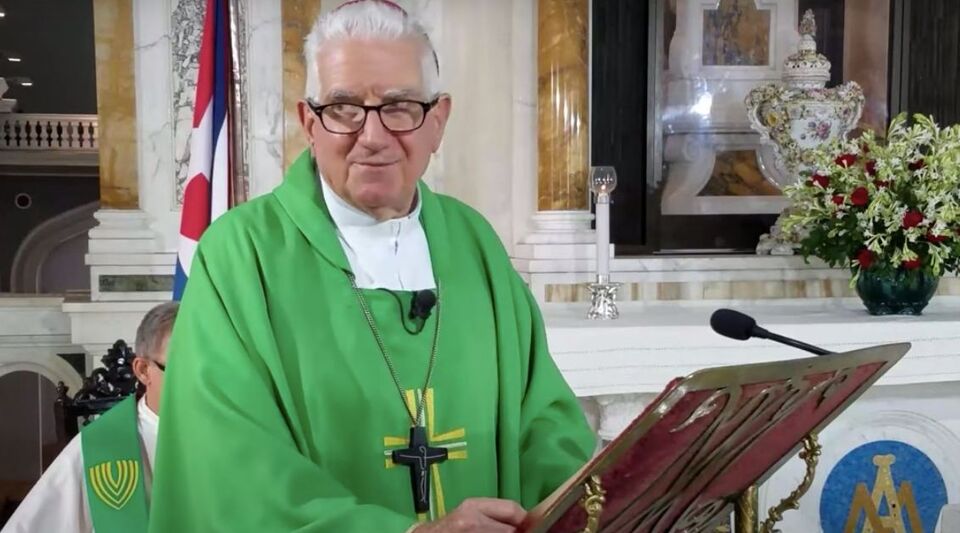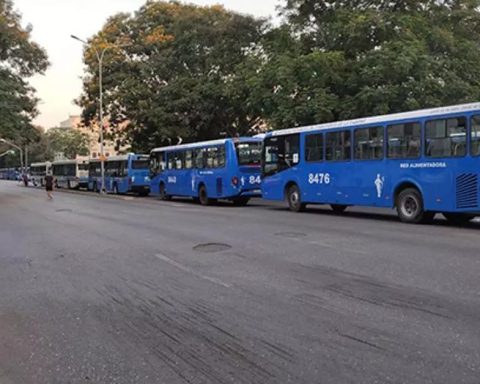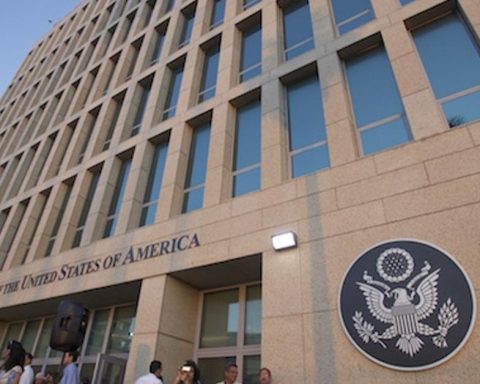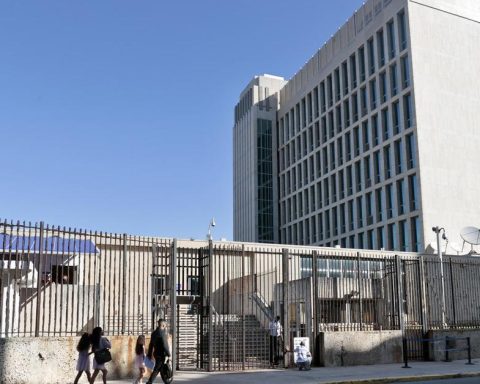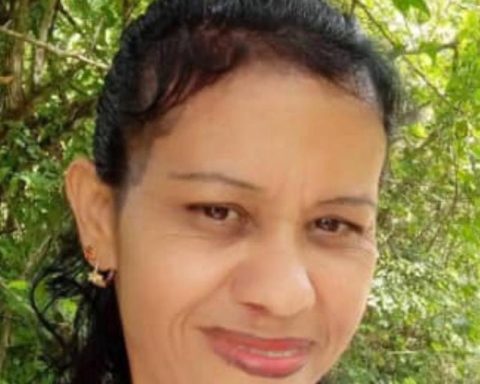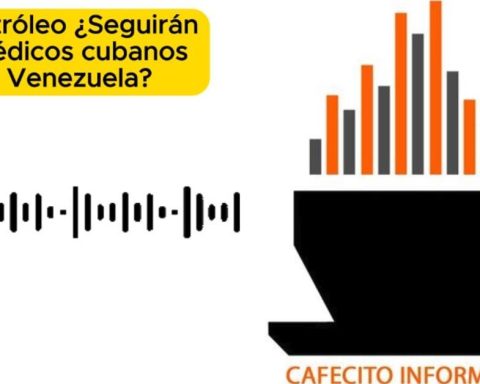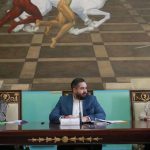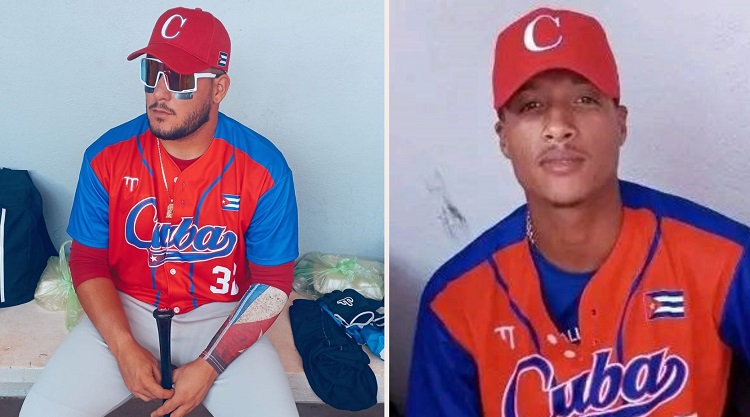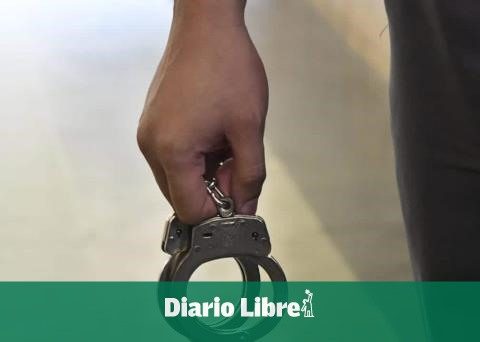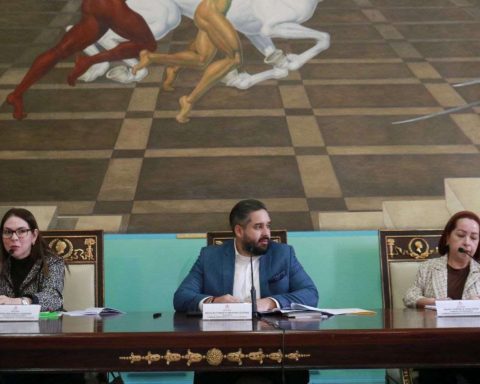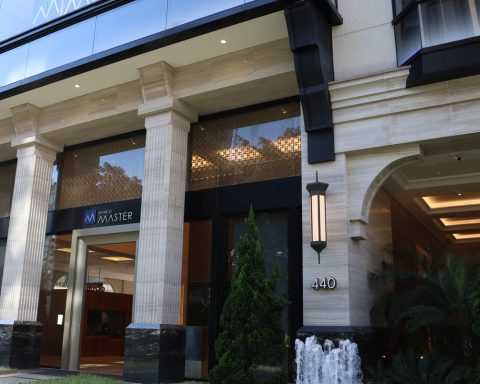Dionisio García Ibáñez, archbishop of Santiago de Cuba, pointed out during a prayer, pronounced at the end of the mass this Sunday in the Basilica Sanctuary of Our Lady of Charity, in El Cobre, that it is time to “make the necessary changes.” in the country. The prelate, in a prayer to the patron saint of the Island, referred to the “aftermath” of 11J and demanded the release of political prisoners on the Island.
It is not the first time that García exposes alone what the Conference of Catholic Bishops of Cuba cannot or does not dare to declare as an institution. With this message he repositions himself as one of the most critical voices of the regime within the Church.
The ceremony, in which several nuns and the rector of the sanctuary, Eugenio Castellanos, participated, was recorded and shared on the archbishop’s YouTube channel. García began by recalling that during the demonstrations the Cubans “wanted to express their views”, most of them peacefully, although in his opinion there was also violence on 11J.
“That they can live in their jobs, in their studies and that they can continue giving their opinions, because every man has the right to give his vision of things in peace”
Like a few years ago, the archbishop affirmed, he again asked for the possibility of “living in peace as brothers”, “in our homeland, where we find the possibilities to fully develop ourselves”.
Garcia assured that he was speaking not only for Cuban Catholics, but for everyone who “yearns for and desires” a change. “The harshest consequences are in the detainees,” he said, while asking “that all sentences be reviewed again and all those who wanted to express their opinion on the situation can be released.”
Faced with the suffering of the Cuban mothers and families, he demanded “a step of fraternity, of social understanding,” leading to “these people being in their homes” and “no one paying any subsequent consequences.” In addition, García demanded “that they not be marked by what they did”, aware of the “social death” that many of the protesters have suffered.
“That they can live in their jobs, in their studies and that they can continue to express their opinions, because every man has the right to give his vision of things in peace,” he continued.
The archbishop also mentioned the problem of the exodus of thousands of Cubans in recent months. “They feel that they do not find the conditions to be able to develop fully”, leaving “divided families” and “elderly people left alone”. He also recalled that “some have died on the journey, either at sea or on land.”
García took up, as a reference, the message of the Conference of Catholic Bishops of Cuba issued on July 12, 2022, in which the prelates affirmed that they were not able to “close their eyes or squint” in the face of the protests. There they defended the right of the people to demonstrate, despite the official “hardening of positions”, in addition to veiledly criticizing Díaz-Canel’s “combat order”.
For the archbishop, a structural change, at the political and economic level, achieved through dialogue and the consensus of all Cubans, is essential to develop the country to its full potential.
In tune with the message of the bishops, García asked “that the necessary changes be made so that all that intellectual, technical, social level that we have acquired as a people, we can develop it in this land, and then we feel happy. We have to do produce that talent that we Cubans have here”.
For the archbishop, a structural change, at the political and economic level, achieved through dialogue and the consensus of all Cubans, is essential to develop the country to its full potential.
With his statements, García follows an old tradition of the Catholic Church in Cuba: the archbishop of Santiago de Cuba has historically been the most explicit critical voice against the government.
This was the case with García’s direct predecessors in the archbishopric, such as Enrique Pérez-Serantes, who saved the life of Fidel Castro in the Sierra Maestra and later became one of his main opponents, or Pedro Meurice Estiú, who in 1998 stated, during a mass mass in front of Pope John Paul II, who in Cuba confused “the country with the party”.
The prayer of the archbishop of Santiago de Cuba joins different individual claims of Catholic priests and laity, made during the anniversary of 11J. Dionisio Garcia Ibanezwho has occupied the Santiago seat since 2007, was for some years president of the Episcopal Conference and, at 77, is one of the oldest bishops on the island.
________________________
Collaborate with our work:
The team of 14ymedio is committed to doing serious journalism that reflects the reality of deep Cuba. Thank you for joining us on this long road. We invite you to continue supporting us, but this time becoming a member of our newspaper. Together we can continue transforming journalism in Cuba.
